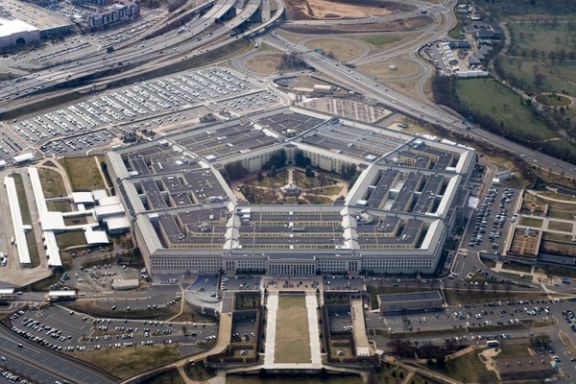The urgency of the talks surged following a weekend directive instructing US forces to leave the country.
US Secretary of State Antony Blinken, currently navigating international waters in the Philippines, highlighted American apprehensions regarding Niger's stance while emphasizing ongoing dialogues with the country's leadership.
"In terms of Niger, we made clear... that we had a number of very real concerns... We remain in touch with the CNSP (National Council for the Safeguard of the Homeland) and we're discussing with them a path forward," Blinken asserted.
Niger's decision to terminate its counterterrorism pact with the US reverberated globally as suspicions of clandestine dealings with Iran regarding access to uranium reserves surfaced. Recent intelligence underscores Niger's junta engaging in advanced discussions with Iran, sparking concerns over potential disruptions to international security dynamics.
The cessation of military cooperation dealt a significant setback to the Biden administration's initiatives in the Sahel region. Just last week, a US delegation, comprising prominent figures such as Assistant Secretary of State for African Affairs Molly Phee and Gen. Michael Langley of US Africa Command, convened with Niger's military junta in a bid to salvage relations.
Sabrina Singh, the Pentagon's deputy press secretary, divulged that discussions were driven not solely by worries about Niger's entanglements with Iran but also by suspicions of potential ties to Russia. The intricate geopolitical landscape illuminates the formidable challenges confronting US endeavors to counter Islamist insurgency in the region.









